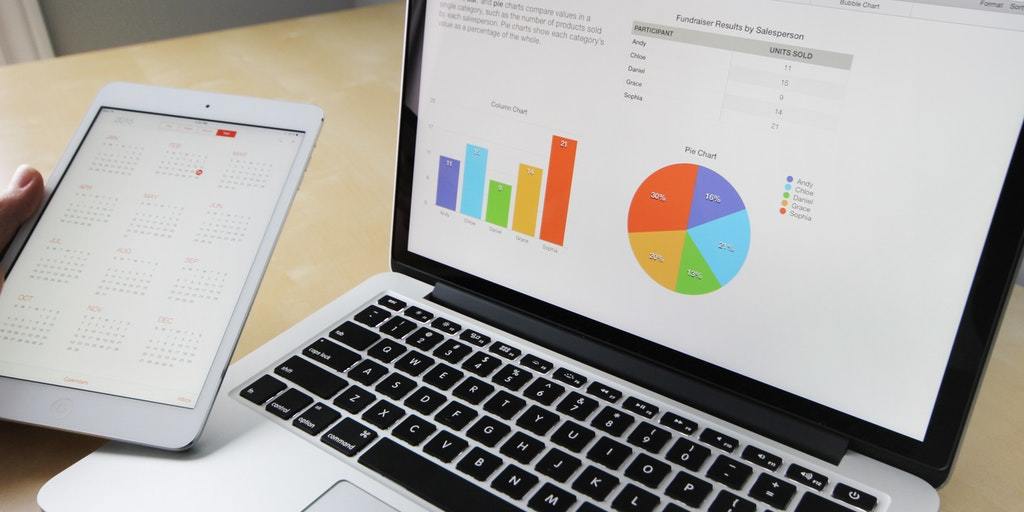Cash Basis Accounting
Find out what cash basis accounting is and how it works. Includes frequently asked questions.
Updated on March 31st, 2020
The SMB Guide is reader-supported. When you buy through links on our site, we may earn an affiliate commission. Learn more
Cash basis accounting is an accounting method under which income and expenses are recorded only when a cash transaction has taken place and does not recognize accounts receivable or payable.
While cash basis accounting provides an accurate overview of the cash a business currently has, it provides a less accurate and possibly misleading picture of a business's current financial position and makes it difficult to get a good sense of the business's sales and profits.
How Cash Basis Accounting Works:
1. Recording income.
Income is recorded at the time a business receives payment, regardless of when the service or product was delivered or the invoice was issued.
Example:
When a business enters into an agreement that the product or service they provide will only be paid for by the customer upon completion or delivery, such as a construction project, then the business will only record the income once it is paid.
2. Recording expenses.
Expenses are recorded at the time they are paid, regardless of when the financial commitment was made.
Example:
When a business is billed for its electricity usage at the end of the month and only settles the bill the following month, the payment is recorded as an expense incurred in the month in which it was paid rather than the month in which the electricity was used.
In the short-term, cash basis accounting tends to provide a highly inaccurate picture of a business's financial position and can make it more difficult to forecast expected revenue and efficiently plan and manage resources.
Example:
Let's consider how this would work for a construction company that is hired for building work that will take roughly four months to complete. The business has issued a quote to the client, but the final invoice will only be issued upon completion of the project after which the client will make the full payment. During the four months, the business incurs expenses for construction material required for the project as well as running costs for labor, administration, etc.
The company's accounting records will record only expenses for four months, without any documentation regarding anticipated income. It looks like the business is working itself into debt, creating a very skewed picture of the company's financial position and earning potential. This can be particularly critical if a business wants to attract investors.
Alternative accounting methods:
The IRS requires businesses to use one consistent and standardized accounting method to report their income and expenses. If a business wants to change the accounting method they are using, they must get IRS approval to do so. Businesses can use cash-basis accounting, accrual accounting, or a hybrid method, which is a blend of cash-basis and accrual accounting, to figure their taxable income.
Accrual Accounting.
Accrual accounting allows for a more accurate overview of a business's current financial position, as this method requires revenue and expenses to be recorded when the transaction agreement is made, regardless of when the cash transaction takes place.
Hybrid Accounting.
Businesses can also use a hybrid accounting model, which is a combination of both cash-basis and accrual accounting. There are special IRS rules that must be followed when using a hybrid approach. For example, income and expenses must be recorded using the same method, either accrual or cash-basis and companies that have inventory must use the accrual method for recording purchases and sales.
This method can be a challenge if you do not have much accounting and tax knowledge but does present a good option if you want to use cash-basis accounting for most transactions while also being able to maintain a more accurate picture of your business's financial health.
Small Business Accounting
Learn how to set up a small business accounting systems with this step-by-step guide. Includes accounting software suggestions.
Dec 21, 2023
Who can use cash basis accounting:
The IRS allows small businesses that are not registered as a corporation and do not have an annual income that exceeds $5 million to use the cash basis accounting method. Cash-basis accounting is suitable for small businesses that do not offer credit and have no inventory to track.
Pros and Cons of Cash Basis Accounting:
Pros
- Simple.
- Inexpensive.
- Reflects cash-flow.
Cons
- Provides inaccurate picture of current financial status.
- Restricted use.
Best Accounting Software
Information on the best accounting software companies, including Freshbooks, QuickBooks, and Sage. See pricing, features, comparisons, and more.
Dec 21, 2023
FAQs:
What is cash basis accounting?
Cash basis accounting is one of two major accounting methods businesses use to record revenue and expenses. Income and revenue are recorded at the time of payment. By contrast, accrual accounting records income and revenue as the business transactions are made regardless of whether a payment was made or received.
What is the difference between cash and accrual accounting?
Cash basis accounting records income and revenue at the time a cash transaction takes place while accrual accounting records income and revenue as they occur, meaning at the time that goods and services are delivered and received, regardless of when the payment has been made.
Can I use cash basis accounting?
The IRS permits qualifying small businesses to use cash basis accounting to report their income. If your business keeps inventory, is a tax shelter, is registered as a corporation (excluding S corporation status) with average annual gross receipts for the 3 preceding tax years that exceed $25 million, or is in partnership with such a corporation, the IRS does not permit you to use cash basis accounting.
What is an example of cash accounting?
When a business provides a service to a client in April, for example, bills the client at the end of the month, and gives the client a period of 30 days to settle the bill, the expected income will not be recorded when the service was rendered but only once the bill has been settled, which in this scenario would likely be in April.
What is the advantage of cash basis accounting?
Cash basis accounting is very easy to understand and implement, contrary to accrual accounting which is not only very complex but also more expensive to implement.
Is cash basis accounting allowed under GAAP?
No. Generally Accepted Accounting Principles (GAAP) do not allow cash basis accounting to be used.
Can cash basis have liabilities?
Cash basis accounting only records income and expenses when cash changes hands and therefore does not have accounts payable or receivable.


